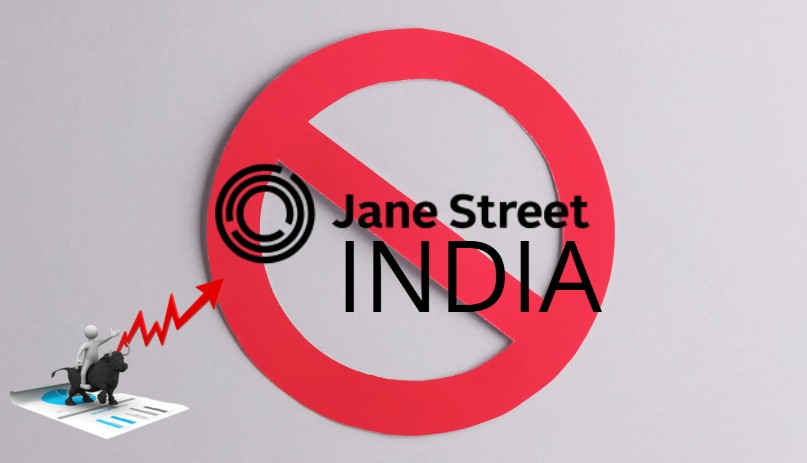In a stunning regulatory offensive that has sent shockwaves through India’s financial corridors, the Securities and Exchange Board of India (SEBI) has banned global trading powerhouse Jane Street from accessing the nation’s securities market. The high-profile enforcement action, followed by an eye-popping ₹48.4 billion ($566 million) freeze, signals a chilling new era of market scrutiny, leaving investors, institutions, and hedge fund watchers questioning what comes next. For India’s emerging market, it’s not just about compliance anymore, it’s about credibility, transparency, and trust in global finance.
Mumbai, July 4, 2025 : SEBI, India’s capital market watchdog, has delivered a seismic jolt to the global investing community by barring Jane Street, one of the world’s largest quantitative trading firms, from participating in Indian securities markets. The decision follows a damning investigation into alleged market manipulation, with regulators now moving to impound over ₹48.4 billion in what they call “unlawful gains.”
Jane Street Wiped Out of Indian Markets
The ban, published in an order dated July 3 on SEBI’s official website, prohibits Jane Street and its associated entities from buying, selling, or otherwise dealing in Indian securities, directly or indirectly, until further notice.
“The seriousness of the alleged misconduct cannot be overstated,” SEBI’s order reads. “Such activities distort market fairness, undermine investor confidence, and destabilize our capital market ecosystem.”
Jane Street, which operates across New York, London, Amsterdam, and Hong Kong, did not immediately respond to Reuters’ request for comment. However, the silence speaks volumes in a case that could have ripple effects across global trading desks.
The scope of SEBI’s investigation, while not fully disclosed, appears to involve the strategic exploitation of derivatives and high-frequency trades that may have manipulated pricing and liquidity in India’s financial markets. Sources close to the investigation have described the activity as “deeply embedded and algorithmically structured.”
For domestic and international investors, this isn’t just a scandal, it’s a wake-up call.
Why it matters:
Investor trust is the bedrock of capital markets.
Global hedge funds and institutional investors may now face stricter surveillance and compliance audits.
India is sending a strong signal: no one is above the rules, local or global.
SEBI has announced that Jane Street’s existing positions will be monitored, and further action could follow depending on the outcome of ongoing inquiries. The regulator’s aggressive stance could trigger more global investigations and tightened scrutiny of algorithmic trading practices.
Market experts are urging investors to closely monitor their exposure to foreign fund-linked instruments, and asset managers are being advised to re-evaluate compliance frameworks—especially those involving high-frequency trading and offshore flows.
Call to Action for Investors:
Review your holdings for exposure to foreign funds under investigation.
Engage with compliance teams to ensure trading strategies align with SEBI norms.
Diversify risk in light of possible volatility driven by regulatory clampdowns.
Stay updated, follow SEBI orders and global fund disclosures regularly.






